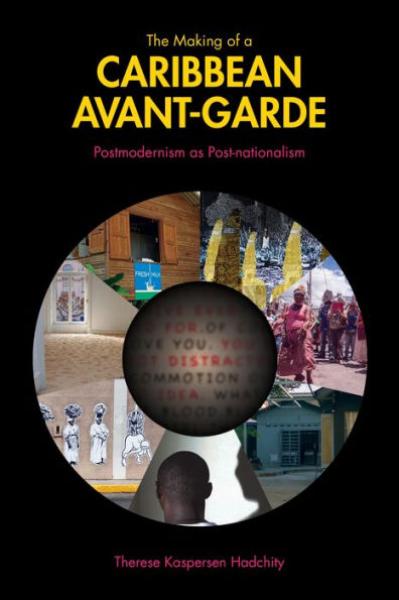Description
Focusing on the Anglophone Caribbean, The Making of a Caribbean Avant-Garde describes the rise and gradual consolidation of the visual arts avant-garde, which came to local and international attention in the 1990s. The book is centered on the critical and aesthetic strategies employed by this avant-garde to repudiate the previous generation's commitment to modernism and anti-colonialism. In three sections, it highlights the many converging factors, which have pushed this avant-garde to the forefront of the region's contemporary scene, and places it all in the context of growing dissatisfaction with the post-colonial state and its cultural policies.
This generational transition has manifested itself not only in a departure from "traditional" in favor of "new" media (i.e., installation, performance, and video rather than painting and sculpture), but also in the advancement of a "postnationalist postmodernism," which reaches for diasporic and cosmopolitan frames of reference.
Section one outlines the features of a preceding "Creole modernism" and explains the different guises of postnationalism in the region's contemporary art. In section two, its [PKM1] momentum is connected to the proliferation of independent art spaces and transnational networks, which connect artists across and beyond the region and open up possibilities unavailable to earlier generations. Section three demonstrates the impact of this conceptual and organizational evolution on the selection and exhibition of Caribbean art in the metropole.
[PKM1]AU: clarify "its." The contemporary art scene?
"A work of subtle distinction, which also packs a powerful critical punch. Focusing on art and art criticism in the Anglophone Caribbean, Hadchity drives a coach and horses through the currently influential avant-gardist dogma that seeks to consign modernist and nationalist artistic production to history. Her book's demolition of the postmodernist representation of Creole modernism does not merely set the record straight--it brings an interventionist political edge to its argument. The author proposes that the postmodern critique has the unintended effect of stripping cultural production in the Caribbean of some of the resources that it arguably needs urgently in order to secure its autonomy in the cruel, contemporary environment of neoliberal globalism."
Product Details
- Purdue University Press Brand
- Aug 15, 2020 Pub Date:
- 1557539340 ISBN-10:
- 9781557539342 ISBN-13:
- 322 Pages
- 8.9 in * 6 in * 0.7 in Dimensions:
- 1 lb Weight:




